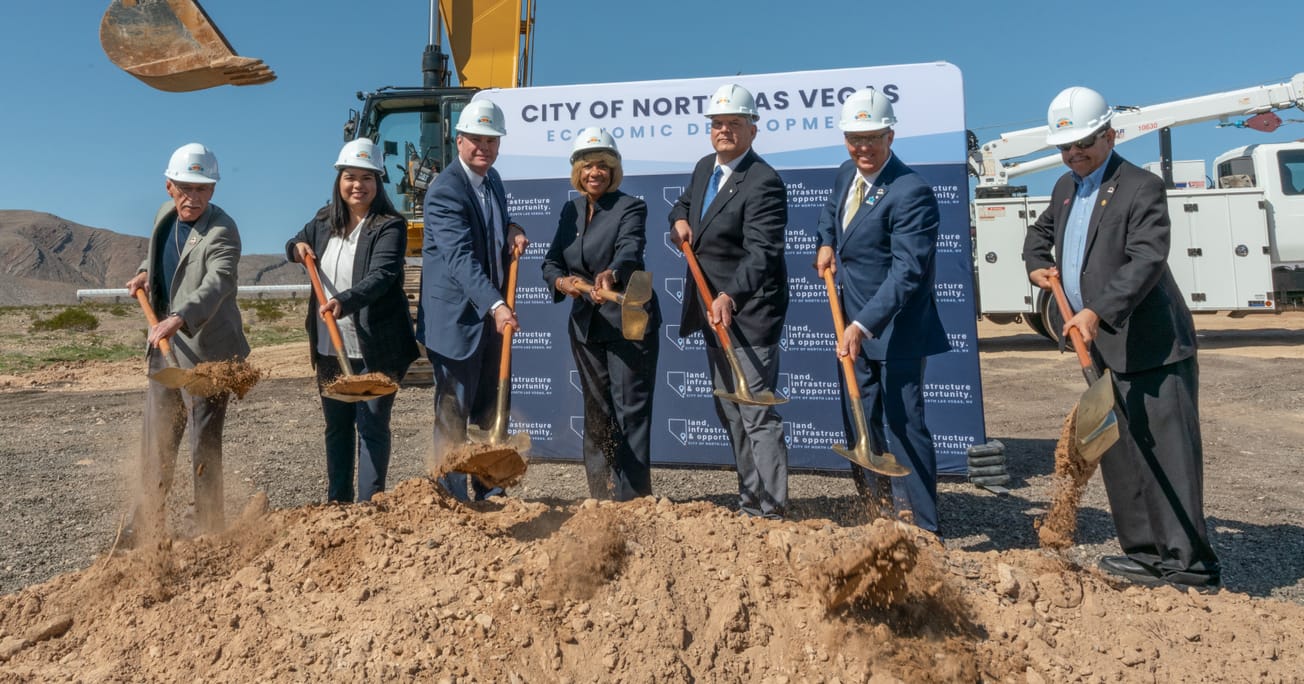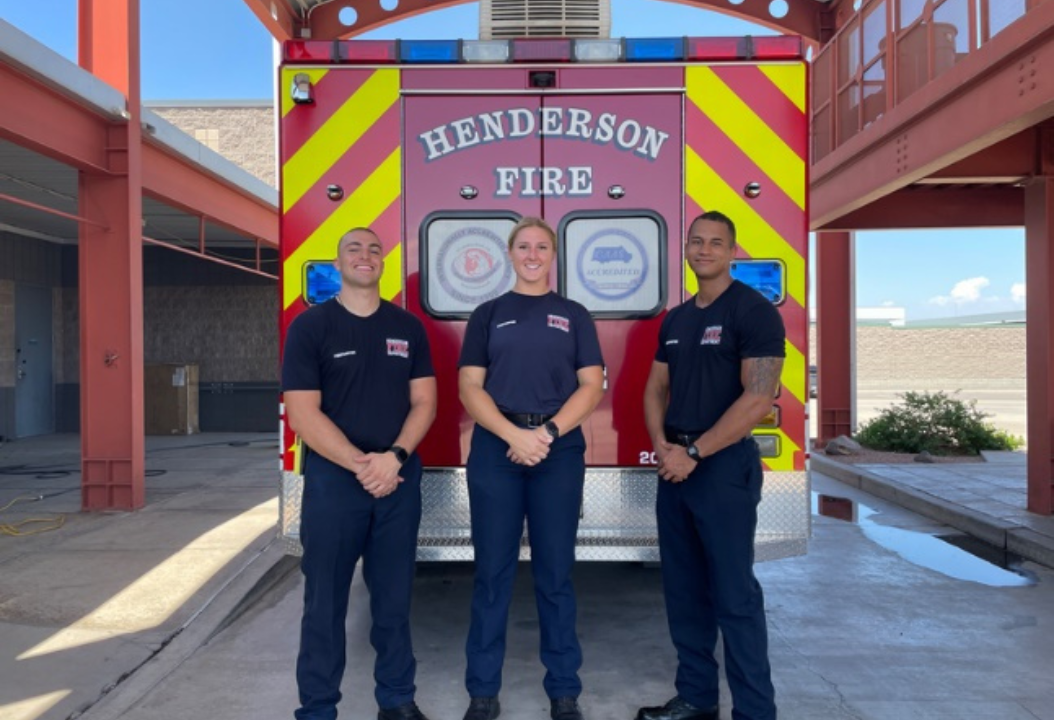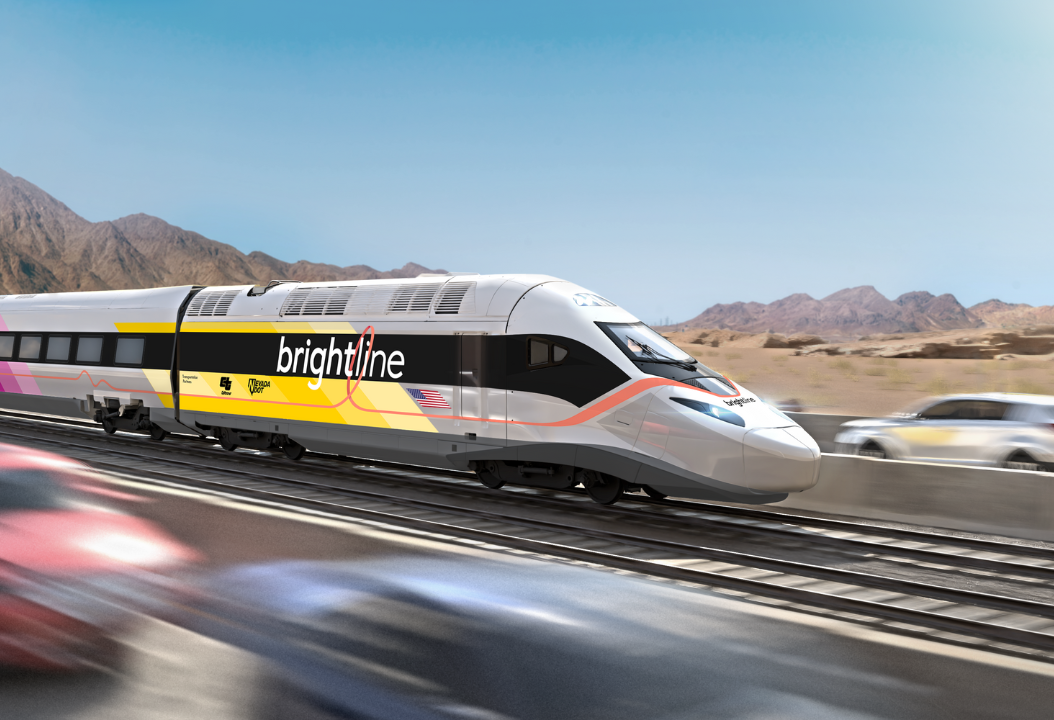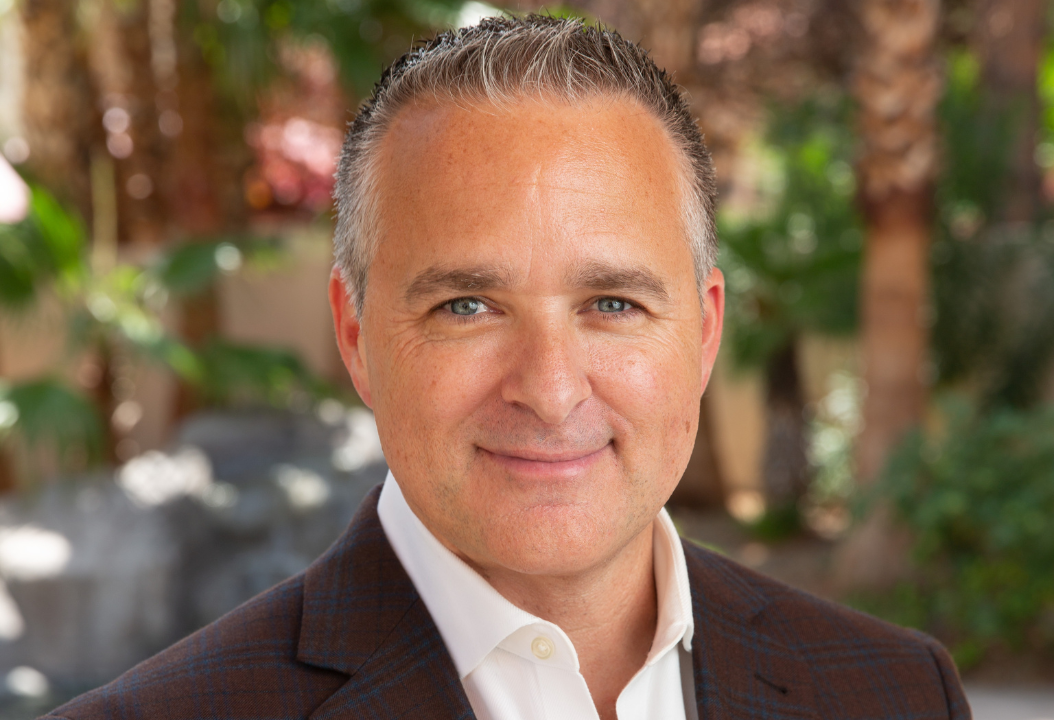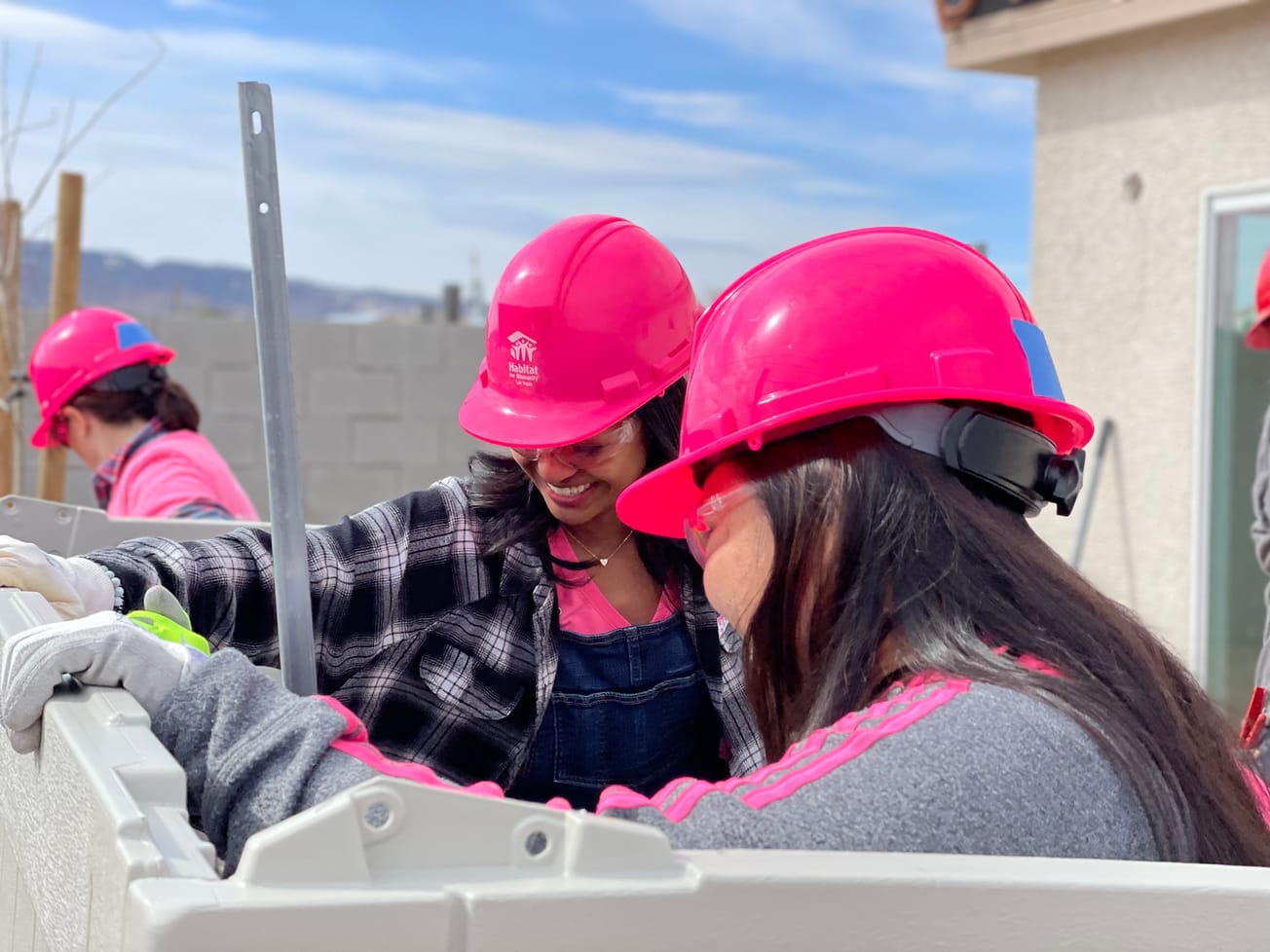Subscribe to our email newsletter and follow us on social media.
Last Friday, Governor Sisolak hosted the first Nevada Infrastructure Summit at the Las Vegas Convention Center. Las Vegas Raiders President Sandra Douglass Morgan, White House Senior Advisor and Infrastructure Coordinator Mitch Landrieu and U.S. Senator Jacky Rosen delivered remarks at the event. Morgan highlighted the economic direct and indirect impact of the Allegiant Stadium and the diversity initiative in workforce.
The breakout sessions focused on transportation, economic development, high-speed internet, workforce development, clean energy investments, and water infrastructure.
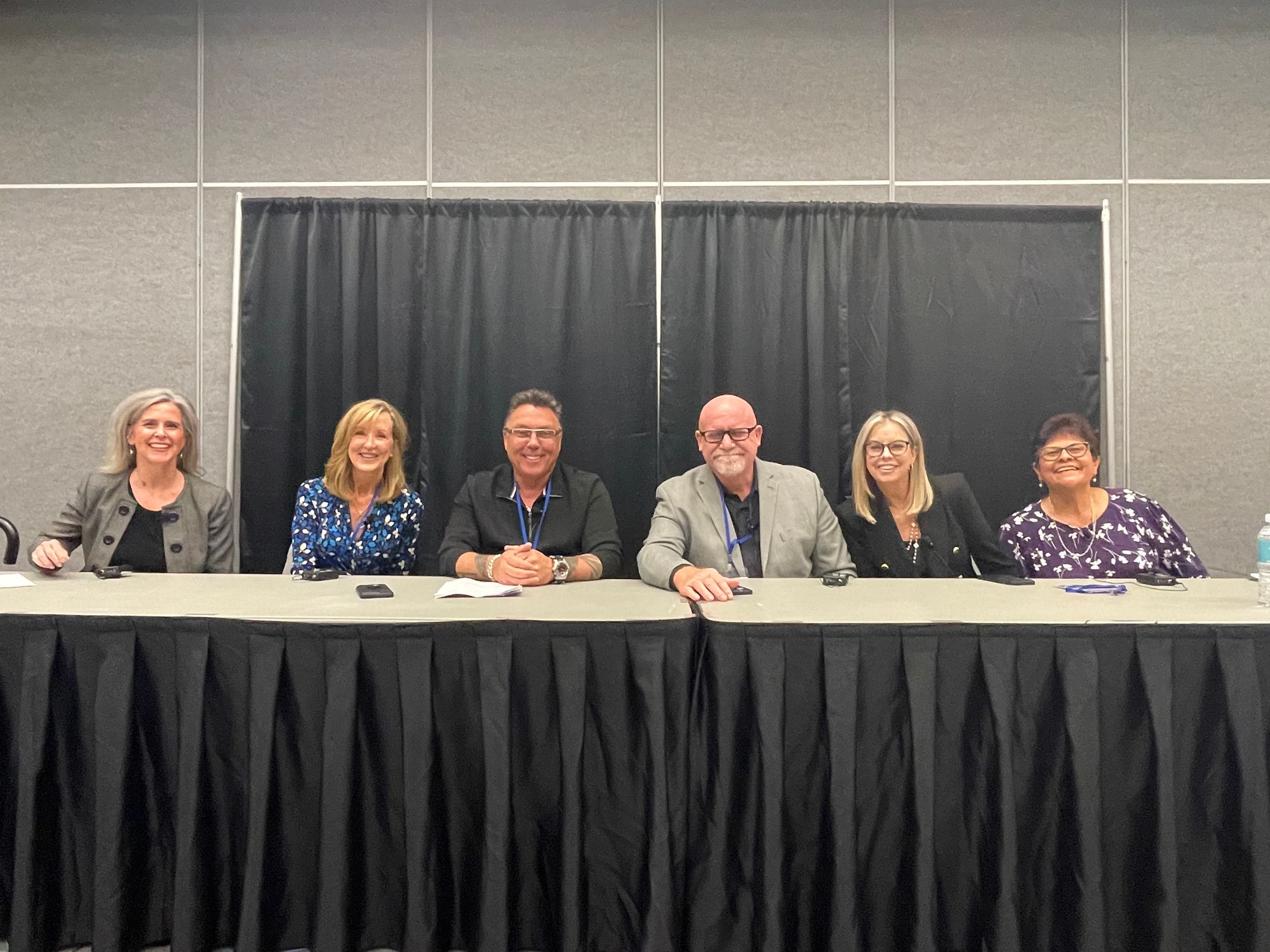
Expanding EV Charging Stations
In August, the Nevada Department of Transportation (NDOT) submitted a comprehensive electric vehicle infrastructure deployment plan to the United States Joint Office of Energy and Transportation to secure $38 million in federal funds over the next five years to to expand the state’s electric vehicle charging infrastructure and network.
Nevada is the No. 1 State in Solar Economy
A 2022 report by Stacker ranks Nevada as the No. 1 state with the biggest solar economy. Nevada has 4.5 solar jobs per 1,000 non-farm jobs and 4,244.9 total megawatts installed.
Last month, nearly one year from the start of construction, McCarthy Building Companies and its electrical trade partner Bombard Electric, has installed the final solar module on the Arrow Canyon Solar project, a 274-megawatt DC (MW) solar and a 91 MW, 455 MWh DC-coupled battery energy storage system facility located on the Moapa River Indian Reservation in Moapa, Nevada.
When fully operational in December 2022, Arrow Canyon will generate enough clean energy to meet the consumption of up to 76,000 average Nevada homes. This is equivalent to avoiding more than 632,000 metric tons of CO2 emissions annually.
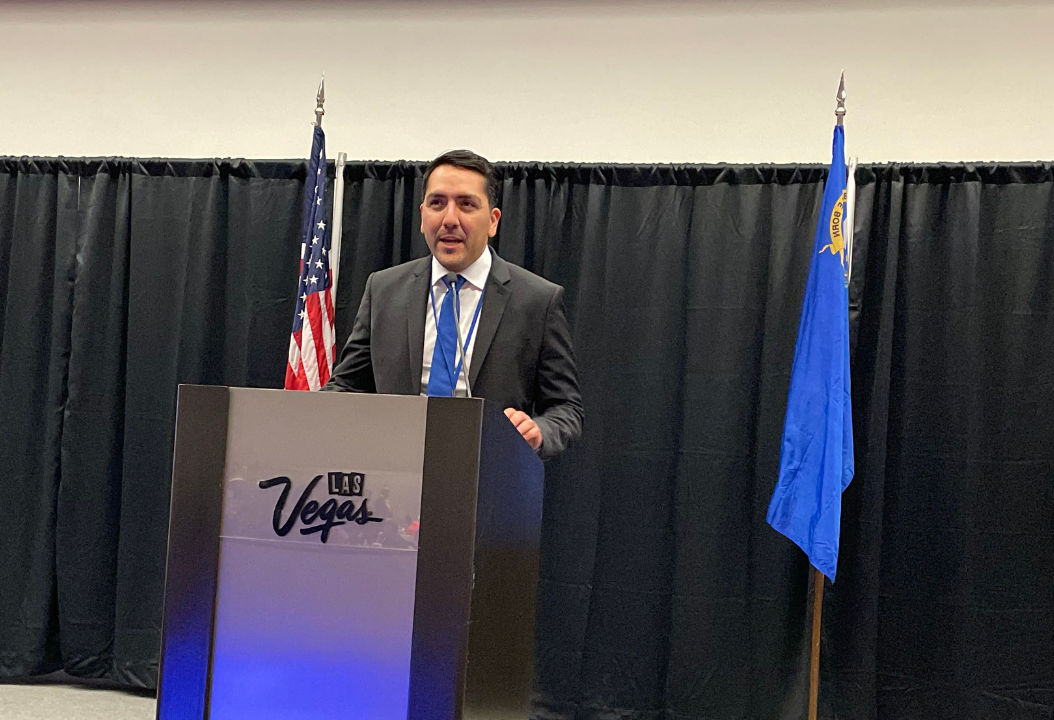
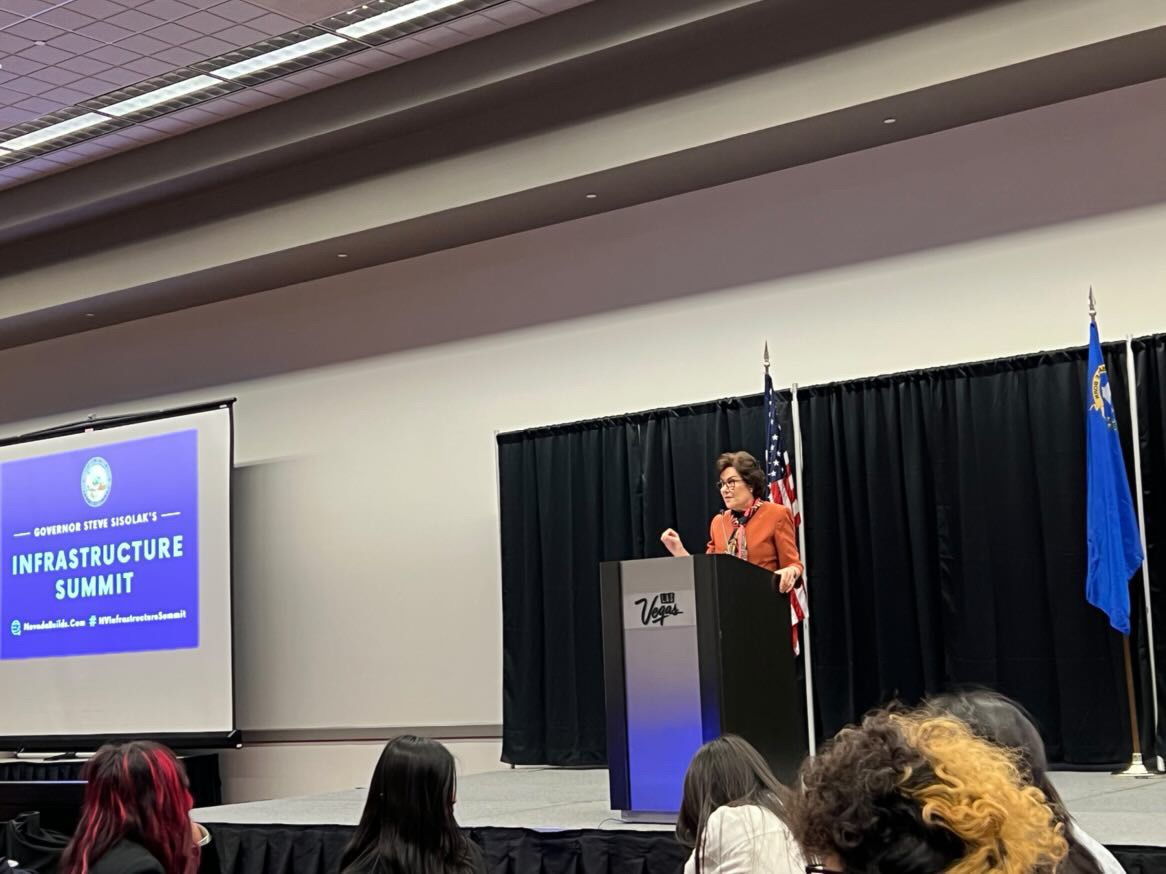
Phase One $200 Million Funding to Expand High Speed Internet Network
In May 2022, Governor Sisolak formally launched Phase 1 of the “High Speed NV” initiative, which will invest $200 million through a combination of state and federal funds from the American Rescue Plan and the Infrastructure Investment and Jobs Act (also known as the Bipartisan Infrastructure Law). The overall initiative will be a $500 million investment.
In addition, the Inter-Tribal Council of Nevada (ITCN) has received an $18.9 million grant from the National Telecommunications and Information Administration (NTIA) to expand internet access to 11 tribal communities in the state.
Nearly 22% of Nevadans do not have an internet subscription. Estimated 448,000 households in Nevada are eligible for the Affordable Connectivity Program, which cuts internet bills by up to $30 per month, or $75 for households on Tribal lands, and provides a one-time $100 discount off a connected device. As of July 2022, about 144,000 households in Nevada are enrolled in the Affordable Connectivity Program at GetInternet.gov.
$305 Million I-15/Tropicana Interchange Upgrade Project
In June 2022, U.S. Transportation Secretary Pete Buttigieg joined Governor Sisolak, Nevada Department of Transportation (NDOT) Director Kristina Swallow, Senator Cortez Masto, Congresswoman Susie Lee, Congressman Steven Horsford and other community leaders at the Allegiant Stadium to launch the I-15/Tropicana interchange upgrade project. The multi-year, $305 million project, which will create more than 4,600 jobs, was funded in part with money from IIJA.
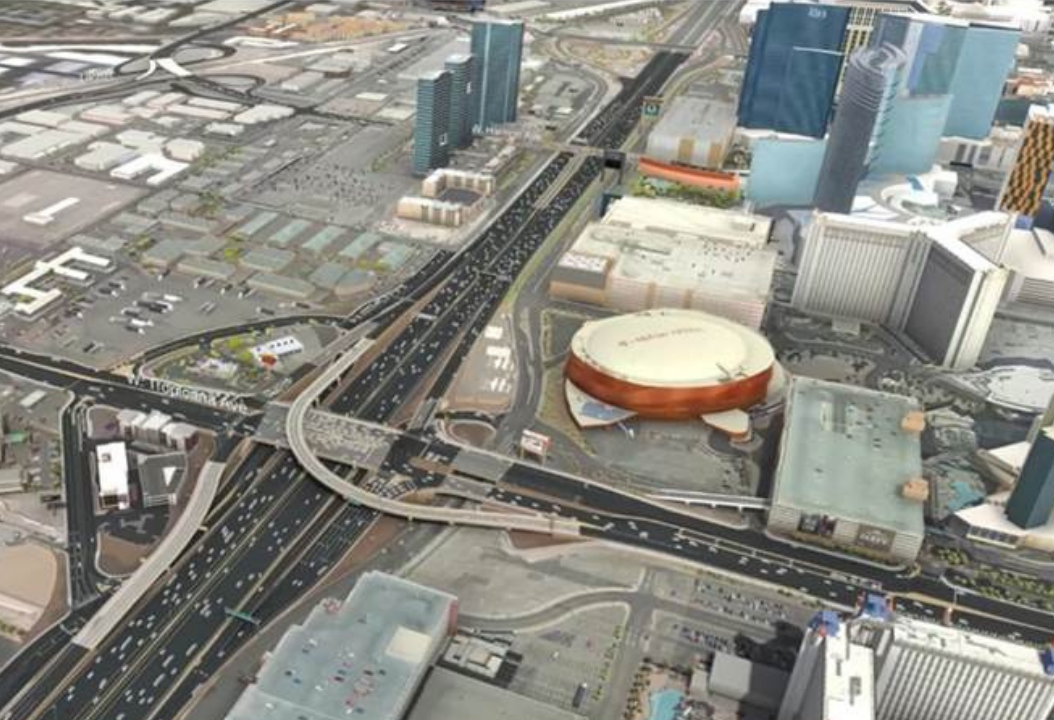
Nevada Will Receive $4 Billion Over the Next Five Years from the Infrastructure Investment and Jobs Act
The second panel discussion focused on local and regional Infrastructure Investment and Jobs Act (IIJA) achievements. Under this act, Nevada is expected to receive upwards of $4 billion over five years in direct funding alone. As of July 2022, approximately $780 million in IIJA funding has been announced. This year alone, Nevada will receive more than $690 million for transportation to invest in roads, bridges, public transit, ports and airports and over $71 million for water.
There are two eligible entities can receive funding under the IIJA. First, eligible entities such as states, Tribal communities, and localities may receive direct funding, also known as "formula funding, that is calculated based on formulas specified in federal law. Eligible entities may also apply for additional funding via competitive grants. The designated federal agency then awards competitive grants on a rolling basis.
The following categories are examples projects that Nevada is receiving direct funding over the next five years under IIJA:
- $2.7 billion over five years for highways and bridges. As of July 2022, Nevada has been allocated $480 million in highway formula funding and $45 million in dedicated funding for bridges in 2022.
- $468 million to improve public transportation
- $38 million to expand an EV charging network across the state
- $100 million to improve high-speed internet
- $12 million to protect against cyberattacks
- $8.6 million to protect against wildfires
- $403 million to improve water infrastructure
- $293 million for infrastructure development for airports. The Department of Transportation awarded nearly $44 million to Harry Reid International Airport in flexible funding to improve the airport.
- $24 million for weatherization and $5.3 million to help prevent outages and make the power grid more resilient
Subscribe to our email newsletter and follow us on social media.


